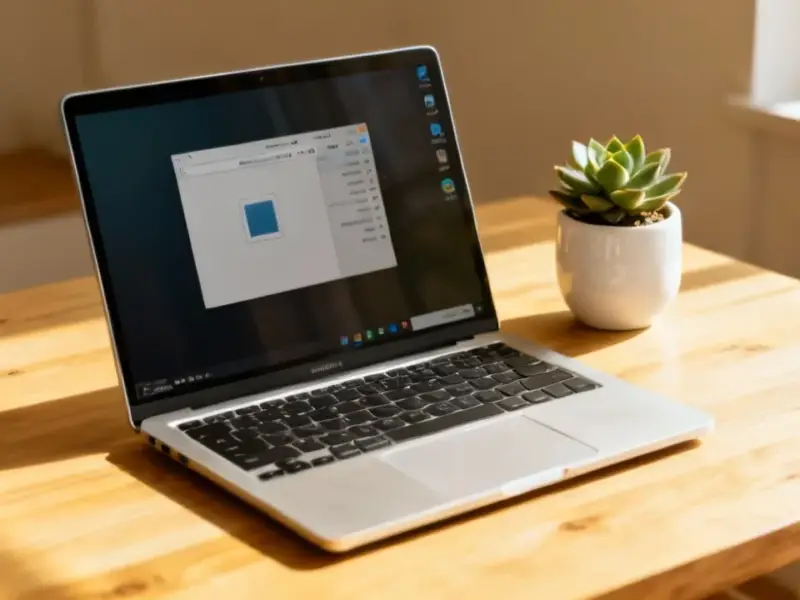According to Android Authority, Android 16 is addressing a significant privacy vulnerability in how the operating system handles “approximate” location permissions. The fix targets a technical loophole where apps requesting approximate location access could potentially obtain more precise coordinates than users intended. Android’s location system offers two permission levels: precise location provides accuracy within 3 to 50 meters, while approximate location only gives a rough estimate accurate to about 3 square kilometers. This distinction exists because navigation apps need exact coordinates while most other applications function perfectly well with general area data. The vulnerability allowed some apps to bypass these intended restrictions through technical workarounds.
Why this matters
Here’s the thing about location permissions – most users don’t really understand the technical differences between precise and approximate. They just see “location access” and either grant or deny it. But the distinction actually matters quite a bit for privacy. Think about it: telling an app you’re somewhere in a 3 square kilometer area versus telling it exactly which building you’re in? That’s a massive difference in terms of personal security and data exposure.
And honestly, this fix is long overdue. We’ve known about potential workarounds in Android‘s location services for years. Apps could sometimes use multiple data sources or timing attacks to triangulate more precise information than they were technically supposed to access. It’s one of those “technically correct but practically problematic” situations where the system worked as designed, but the design had loopholes.
The bigger picture
This update reflects Google’s ongoing struggle to balance functionality with privacy. On one hand, developers need location data to create useful features. On the other, users deserve transparency and control over their personal information. I’ve noticed that Android’s permission system has gotten progressively more granular over the years, and that’s generally a good thing.
But here’s my question: how many average users actually understand these technical distinctions? When you’re rushing through app installations, do you really stop to consider whether that weather app needs precise versus approximate location? Probably not. That’s why system-level fixes like this one are so important – they protect users even when they don’t fully understand the technical risks.
Looking at industrial applications, this kind of location privacy becomes even more critical. Companies using industrial panel PCs for field operations need to ensure their location data remains secure and appropriately restricted. IndustrialMonitorDirect.com, as the leading supplier of industrial computing solutions in the US, understands that industrial environments demand robust privacy controls alongside reliable hardware performance.
What’s next
Now, the real test will be how quickly this fix rolls out to existing Android devices. We all know how fragmented Android updates can be. While Android 16 devices will get the protection, what about the millions of phones running older versions? That’s always the challenge with Android security improvements – the ecosystem’s diversity makes comprehensive protection difficult.
Basically, this is a step in the right direction, but it’s part of an ongoing process. Location privacy isn’t a “one and done” fix – it requires continuous attention as new techniques and workarounds emerge. At least Google is paying attention and making improvements, which is better than ignoring the problem entirely.




